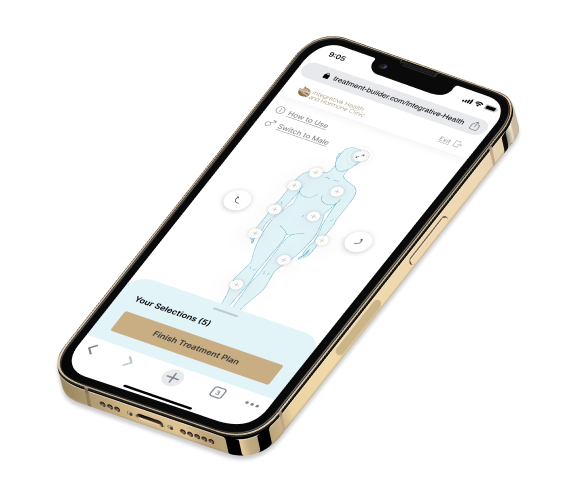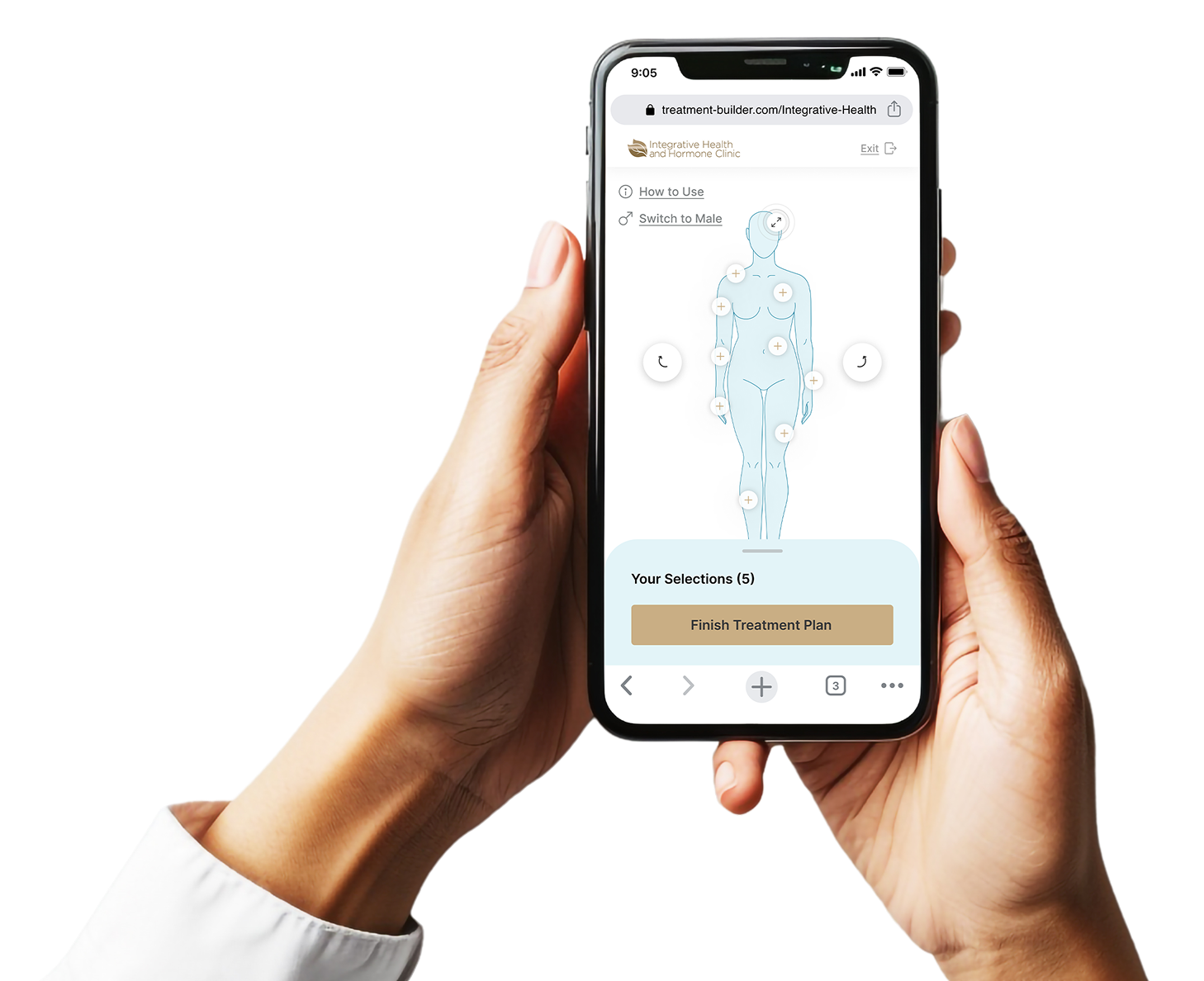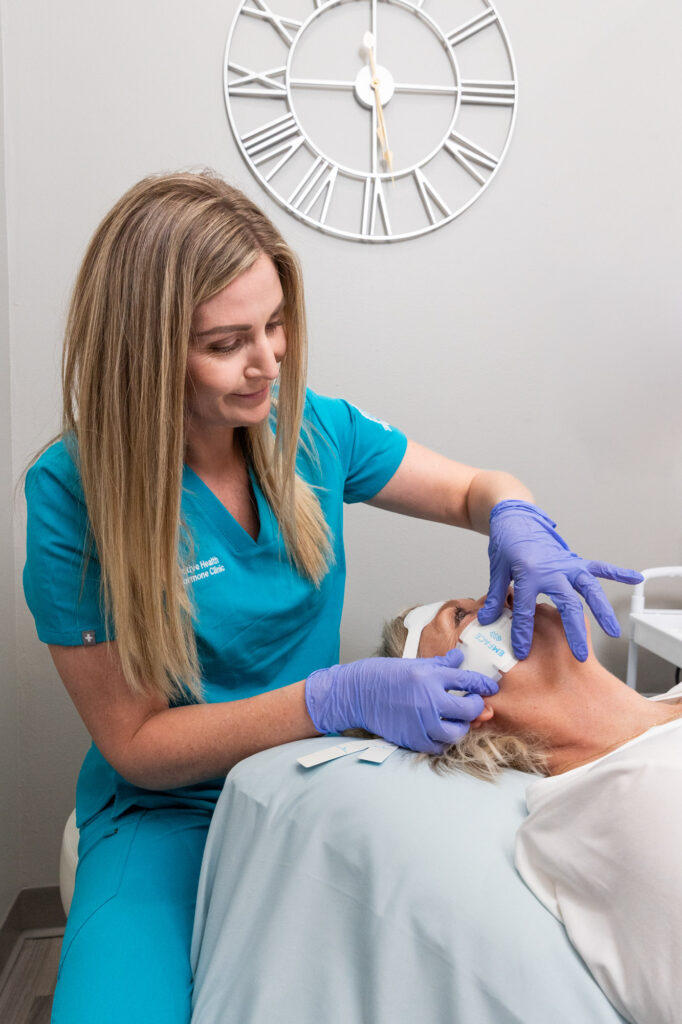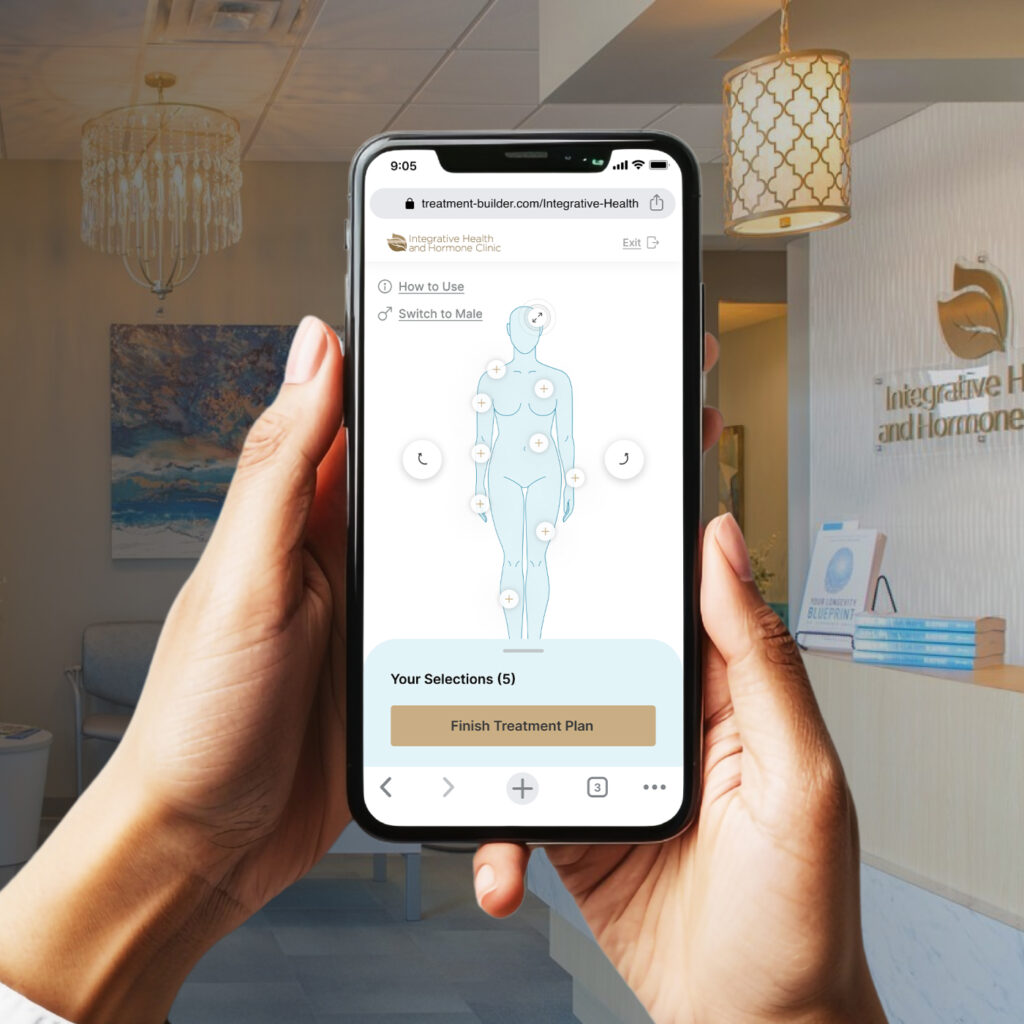Our functional medicine approach employs advanced testing to uncover the intricate relationships between different bodily systems and identify the root causes of health issues.
Our in-house lab testing offers a more comprehensive approach to health assessment by examining detailed biomarkers and systems that conventional medical tests might overlook.
Conventional medicine often focuses on diagnosing specific diseases through standard lab work. Whereas functional medicine practitioners use sophisticated testing methods to understand how multiple systems interact and influence overall health.
For instance, we may use organic acid testing to evaluate cellular energy production, neurotransmitter metabolism, and detoxification pathways. These are processes that are typically not assessed in routine medical labs.
Our team offers lab testing in Hiawatha that gives valuable insight into our patients’ health needs.

















